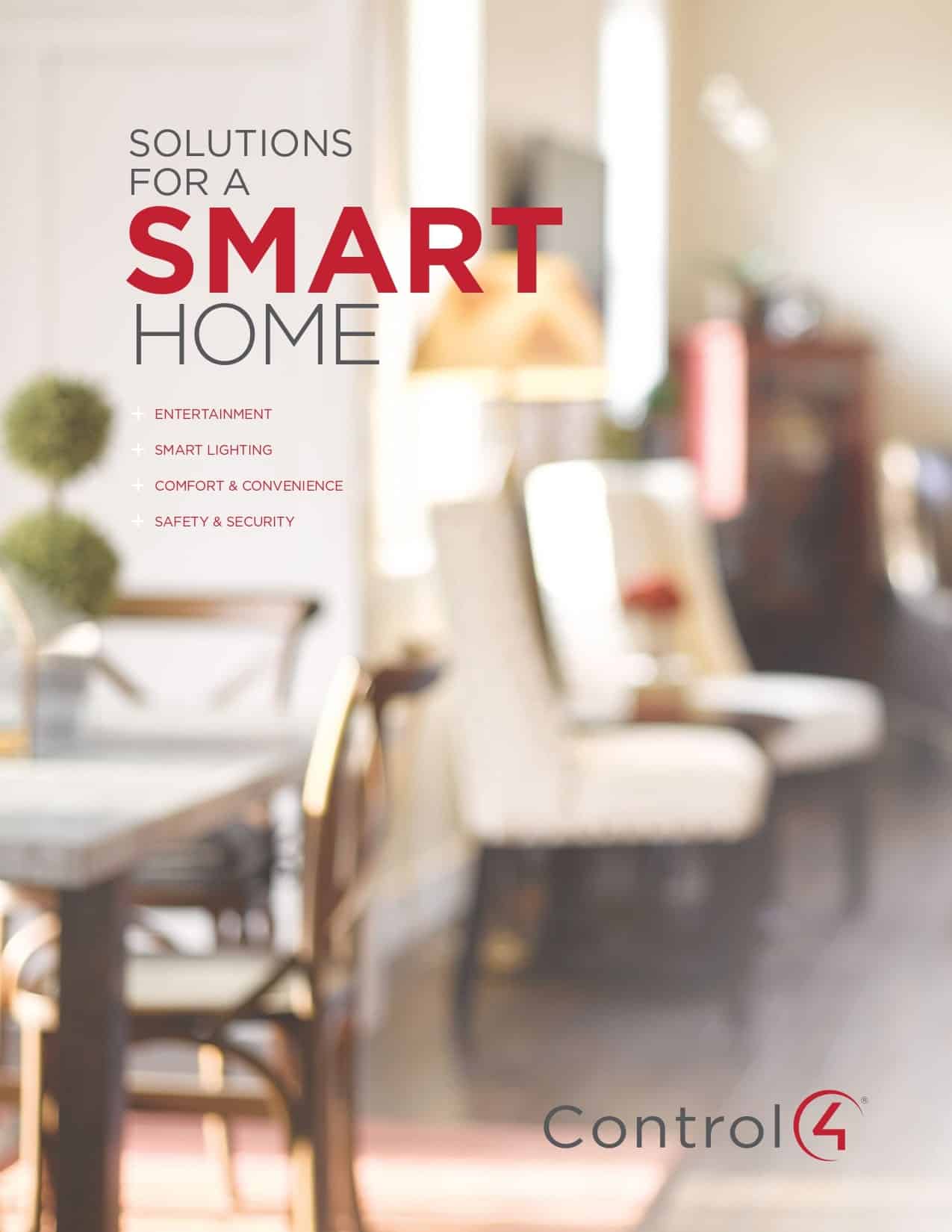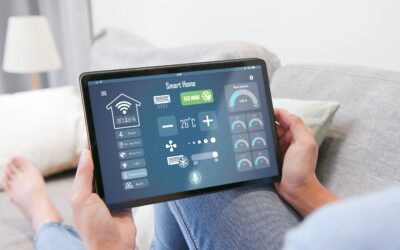If you’re of a certain age, you probably remember the days of the internet, when watching videos online was equal parts buffering and video. Thankfully, those days are long gone, but thanks to increased remote work and video calls with friends and family, you might still be facing a new set of video-related problems at home.
The good news is that there are new technologies that can make your video conferencing smoother and easier with the help of the latest technology. Continue reading to discover the eight ways to improve home video conferencing, from home networking tech tips to simple lighting changes.
1. Check Your Connection
Depending on the design of your home, a single router might not be enough for all areas in your home. If you work outside of your home, whether it’s on the patio or in a separate office, you might need some different hardware, too. Oblique angles, thicker walls, and even electrical interference can all cause trouble with your network equipment.
A network specialist can tell you what hardware you need to add to your home network to ensure that you get the best possible signal wherever you are.
2. Optimize Your WiFi
Sometimes, your network hardware is not the problem. It could be your wifi that needs an upgrade. Consider how many devices are on your network and what they are doing. You might need to invest in a faster, higher bandwidth connection to get better all-round speed and better video conferencing.
If you’re having a hard time remembering when the last time you upgraded your home wireless network, now may be the time. Adding new users and devices puts your WiFi network to the test. For peak performance, we recommend hardwiring your devices. Hardwiring each access point on “fixed” devices relieves the WiFi network, which then can be used for only mobile devices.
3. Use the Right Platform
Not all video conferencing platforms are created equal, and sometimes, paid services are more stable and secure than free options. Read some reviews, and try out a few platforms until you find one that works for you.
Often, the bottleneck with services like these is on their server side, and if they don’t have enough computing power (or lots of simultaneous users), you might not have the best experience.
4. Choose Your Background Carefully
Sometimes, the problem with your video calls is not the hardware, connection or software. It’s the items that are in the background of your call!
Choose a plain background wherever possible, and make sure there’s no clutter visible on the call. If you have books or a whiteboard behind you, pay close attention to the titles or what’s on the board. If you have the option, you could also choose a digital background that hides your actual space from view.
5. Get Proper Lighting
The best lighting is usually natural light, but depending on the time of day and the weather, or even where you’re calling from, that might not be an option.
A ring light is a good second choice. It’s designed to ensure that there are fewer shadows on your face, which will allow you to be seen better on camera. There are various types of ring lights too, including desktop options and some that clip onto a phone or laptop. So you don’t have to have a lot of space or spend a lot of money on this.
6. Test Your Clothes On Camera
Clothes that look great in real life sometimes don’t work on camera. Test the clothing you plan to wear during important video calls before you wear it, to make sure it all works and looks good on camera.
7. Angle Your Camera Correctly
Your camera should be at eye level, and it should be as level as possible so it’s capturing you at the best angle. Be sure to test your camera before you get on a call to make sure you look good or to make any necessary adjustments.
8. Lock the Door!
If you are having an important video call at home with pets, other people and kids nearby, the best thing you can do to prevent any mishaps is to choose a secluded part of your home with a lockable door.
A Little Preparation Goes a Long Way
As you can see from these tips, the golden rule of successful video conferencing is not to leave anything to chance. Test out all your hardware and software, and make sure you have a strong signal in the place you want to call from.
Invest in a few simple pieces of equipment to improve your calls, and make sure that you look good on camera before you get on the call. Taking the time to do these simple things will give you the best possible results and prevent any mishaps from happening on your calls!
Lifetronic Systems guarantees 100% fast, next-generation WiFi 6 wireless networking for your home video conferencing needs. And we will never leave your home until you are 100% satisfied. If you’re ready to learn more about a wireless network upgrade for your home, contact us here.





